Thomas Sumner

All Stories by Thomas Sumner
-
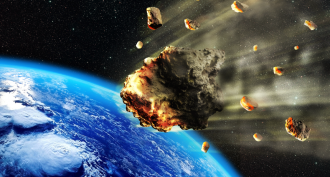 Earth
EarthDeath by asteroid may come in unexpected ways
Most deaths from an asteroid impact would likely come from shock waves and winds, not earthquakes and tsunamis. That's the conclusion of new studies. The good news: Such killer space rocks are quite rare.
-
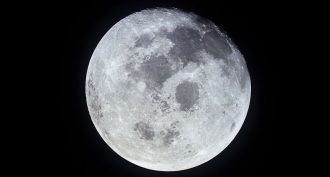 Planets
PlanetsHow Earth got its moon
How did our moon form? Scientists are still debating the answer. It may be the result of some one big impact with Earth — or perhaps many small ones.
-
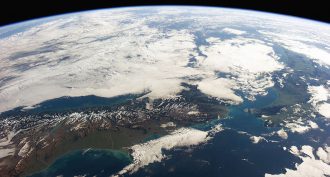 Earth
EarthIs Zealandia a continent?
Geologists are making the case for a new continent, that they would dub Zealandia. It can be found largely submerged beneath the southwestern Pacific Ocean.
-
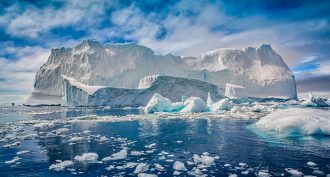 Climate
ClimateSea ice around Antarctica shrinks to record low
Just two years after reaching a record high, the Antarctic sea ice extent has reached a new low.
-
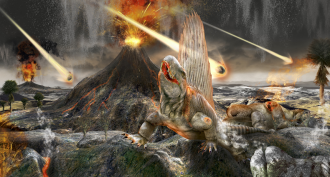 Fossils
FossilsWhat killed the dinosaurs?
New evidence is emerging that a devastating combo of events — an asteroid impact and supervolcanoes — may be behind the dinosaurs’ demise.
-
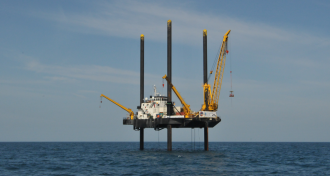 Earth
EarthDrilling into a dinosaur killer
An asteroid that hit the Earth 66 million years ago killed off the dinosaurs. Now scientists are drilling into the giant crater left behind.
-
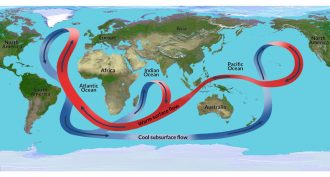 Oceans
OceansClimate change could stall Atlantic ocean current
Rising carbon dioxide concentrations in Earth’s atmosphere could disrupt the Atlantic Ocean current after all, a new analysis finds.
-
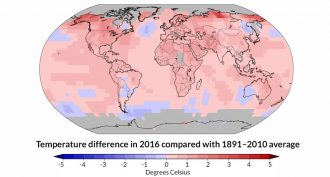 Climate
ClimateEarth breaks heat record for third year straight
Climate change and heat from a strong El Niño played roles in making 2016 the hottest year on record.
-
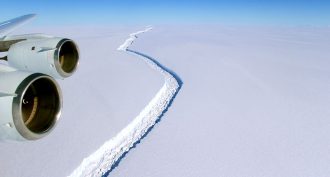 Oceans
OceansMassive ice shelf is poised to break off of Antarctica
A fast-growing crack in Antarctica’s Larsen C ice shelf could soon release a truly huge hunk of ice into the ocean.
-
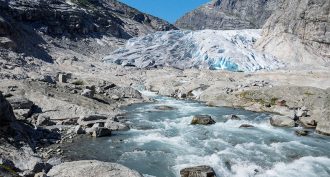 Climate
ClimateFeverish climate is melting glaciers, study confirms
Dwindling glaciers are “categorical evidence of climate change,” a new study affirms.
-
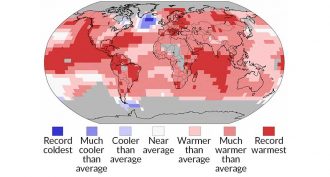 Climate
Climate2015’s record heat: It will soon be ‘normal’
The record-setting global temperatures seen in 2015 could become common as soon as the 2020s, and known as the “new normal.”
-
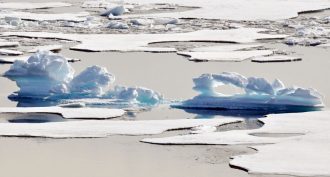 Environment
EnvironmentArctic Sea could be ice-free by 2050
Everyone contributes to the melting of Arctic sea ice, and all are in danger of making summer ice disappear there completely by 2050, a new study finds.